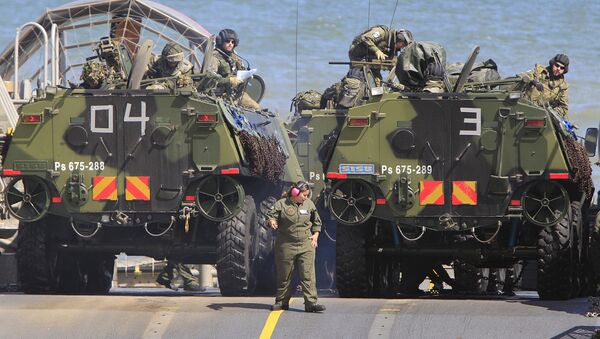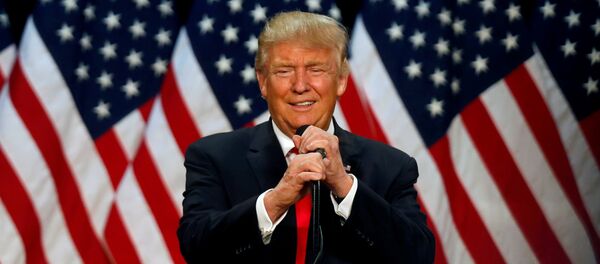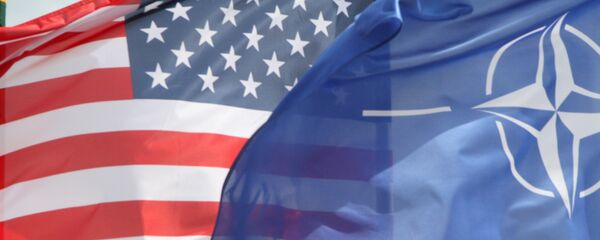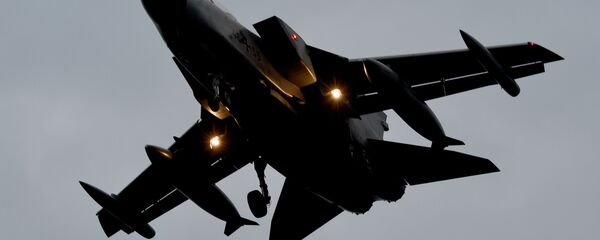NATO policy dictates that members spend two percent of their GDP on defense. In 2015, the US was one of only five members, along with Greece, Poland, Estonia and the UK, which met the target.
Last year the US spent 3.62 percent of its GDP on defense, but during the 2015 – 2016 financial year it ran up a budget deficit of $587 billion.
The country is also burdened with a national debt of $19.8 trillion. To put that figure in perspective, the top ten companies of the S&P Top 500 are worth less than 40 percent (a combined $3.9 trillion) of the US national debt.
As a result, the US president-elect has threatened to cut the country's NATO spending, and called on other members of the 28-member alliance to shell out the required two percent.
During pre-election campaigning, Trump declared that under his leadership, America would only help NATO countries which pay "their fair share."
"I want to keep NATO, but I want them to pay," Trump told a rally in Pennsylvania in July.
Robert Oulds, director of the Bruges Group, a London-based think tank, told Radio Sputnik that Trump is "throwing down a challenge to European countries to spend more on defense."
"Many European countries have such deficiencies in their own budgets, it's going to be difficult for them to manage."
"According to what Donald Trump has said, if they don't step up to the challenge, he will move away from NATO. But if there is an increase in NATO defense expenditure, then one would have thought, depending on how the money is spent, that NATO's capabilities would increase," Oulds said.
"It seems President-elect Trump would be less adventurous, because he's been very critical in terms of attacking the policy of regime change, which in countries like Iraq and Libya haven't actually produced particularly positive results," Oulds said.
"The activities of NATO could be very different under a future President Trump, we could have a very different American foreign policy because he is a break with the past, he's criticized the neocons in the American administration, he's been very outspoken on this and consistent over many years."
On Thursday EU Commission President Jean-Claude Juncker called on the EU to set up a European army.
"We have a lot to thank the Americans for … but they won't look after Europe's security for ever," Juncker told reporters in Berlin.
"We have to do this ourselves, which is why we need a new approach to building a European security union with the end goal of establishing a European army."
"Perhaps they won't use it abroad, although one can never rule it out, but it really does show that the EU is not a peace project, when they are developing armed forces. I think it's far more likely that they will use it to try and keep internal order within the EU."
Another recession would bring more difficulties for the EU, which has run out of fiscal and monetary levers to deal with economic shock after running up large budget deficits and following quantitative easing policies.
"No doubt, there will be more difficulties to come when there is another economic crisis and the Eurozone completely collapses, at which point there could be serious trouble," Oulds said.







